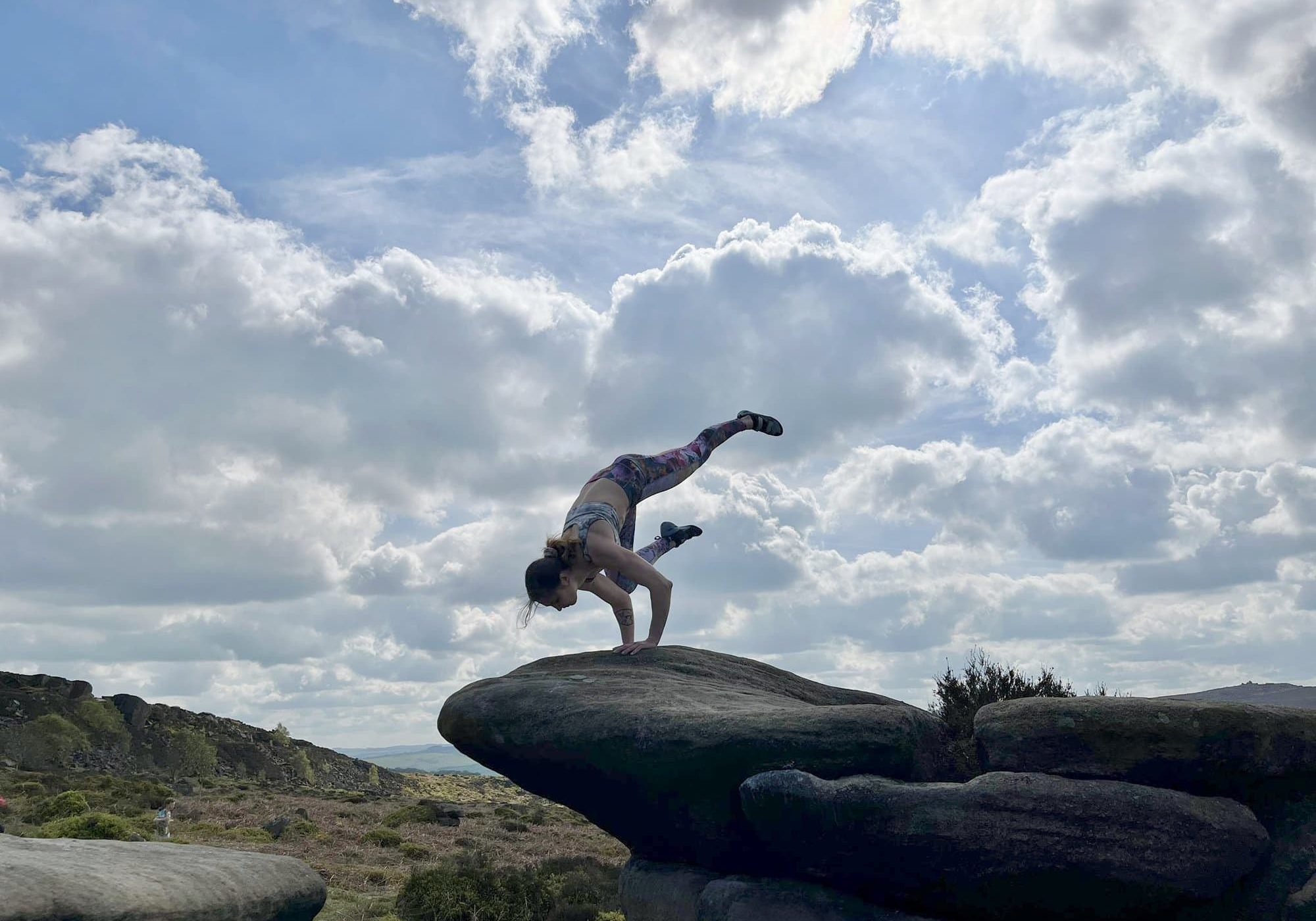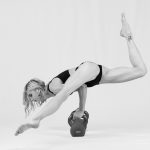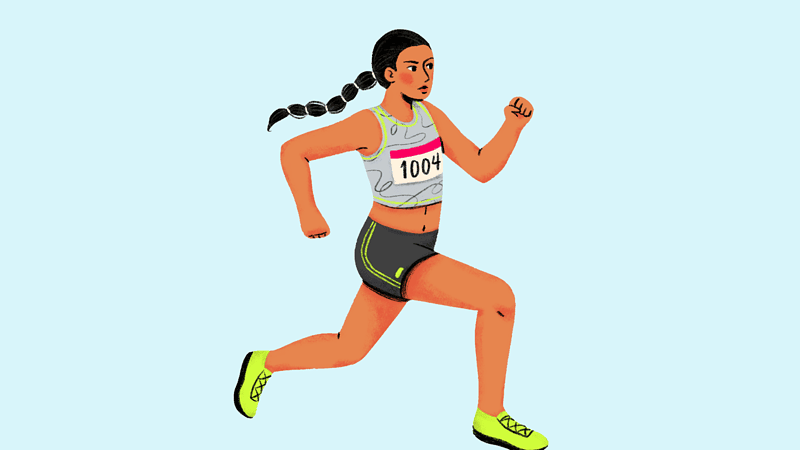
10 Ways Yoga can Enhance Athletic Performance
Part 2 - By Kirsty Brown
Reading time: 3 minutes
6. Prevention of Injuries and Improved Longevity
As stated in part 1, yoga can help us better tune in with our bodies and their capabilities, so we are better able to take ourselves to our limit, but not beyond as to avoid injury. Understanding our body’s weaknesses and therefore being able to target said weaknesses is also key in protecting ourselves against future injury.
Yoga can also function as a kind of ‘prehab’ and mitigate athletes' injury risk.
Many sports-specific injuries stem from a lack of mobility, stress on the joints, muscular imbalances, or back issues due to weakness in the glutes or spine. Yoga practice can target and enhance these weaknesses, restoring balance throughout the body, increasing mobility and strengthening the joints/ connective tissue, therefore providing a safeguard against future injury.
The focus on breath control can also improve pulmonary ventilation, gas exchange, and cardiovascular function, therefore promoting the muscles to rapidly restore their function and recover from a tough training session. Improved breath control may also help athletes’ ability to manage physiological stress (Arbo et al., 2020).
Although this does not mean we will always be able to go hell for leather, or always be top of our game, a regular yoga practice appears to increase the likelihood that we will be able to continue playing and enjoying sports for years to come.
7. Stress reduction and Sleep Improvement
Training or working out at a high intensity can create muscle tightness and greater levels of stress due to more cortisol (the stress hormone) being released.
Yoga helps practitioners learn the difference between effort and ease, training the body to relax. This is probably why studies have show that yoga practice reduces levels of cortisol and inflammation (Cahn et al., 2017), as well as eases muscular tension and tightness. This results in more restful sleep and enables athletes to recover quicker and get back to training sooner, therefore giving them a competitive edge.
8. Enhanced Mental Focus and Clarity
Being able to tuning out distractions and focus on the task at hand, especially under pressure, is essential in sports. Our minds are noisy, and yoga can help us quieten this noise and tune inwards, encouraging practitioners to stay in the present moment, focus on the current pose and become aware of how their body feels.
The challenging and dynamic flows taught in my DSY yoga are great for eliciting this element of mental focus; by pushing yourself physically, the mind less easily strays from the present moment, enabling practitioners to experience a state of enhanced focus and heightened awareness. This is what is known as the ‘zone’ in sport, whereby attention is fully connected to the present and helps athletes perform at their peak potential.
9. Mastery of Breath
How we breathe during sport and exercise can often have a bigger influence over our performance than one might expect. For example, holding the breath during sport can prevent you from keeping up with your movements.
The practice of yoga brings awareness to and control over your breathing, which has direct benefits for other sports and exercise.
The linking of breath to movement during dynamic vinyasa flows can enhance the ability to utilise breath work to our advantage during other physical exercise, as well as prevent bad habits such as breath holding.
10. Increased Cardiovascular Health & Fitness
Yoga might be the last thing anyone would associated with cardio, but try a Dynamic Strength yoga class and you might think again!
Cardiovascular fitness refers to: “The ability of your body to pump enough blood and deliver enough oxygen to your muscles as you are sustaining your exercise”
DSY yoga, as well as other types of vinyasa/ power yoga flows, use continuous movement through a full-range of motion carried out at a dynamic pace, meaning the heart must sometimes work fairly hard to keep keep blood pumping throughout the whole body. Often practitioners will find themselves getting slightly out of breath and getting a sweat on - signs that the exercise intensity is at a moderate/ vigorous level.
That's not to say however that practicing yoga will get you marathon-ready or fighting fit; only marathon training/ martial art training will do that!
However, yoga is still a great source of aerobic exercise, can improve heart health and help you feel fitter and stronger in both other sports and day-to-day life.
Bonus reason: Motivation Boost!
3 common reasons we often lack motivation for things such as exercise or training are (a) boredom, (b) self-doubt, and (c) injury.
Yoga can be a powerful tool in combating the three motivation-killers mentioned above and giving us an often much-needed motivation boost!
Yoga adds some variety into your fitness regime by providing something new and different from your usual sports/ gym sessions. The aforementioned benefits such as increased mobility and core strength can also increase motivation further by helping you perform better and hence renew your sense of purpose, drive and confidence within your sports/ fitness training.
In addition, yoga’s focus on the present and learning to appreciate your body’s capabilities can help shut up that voice inside our heads which says ‘we can’t do that’ or ‘it’s not possible’. Research has shown that yoga can increase self-efficacy and motivation (Martin et al, 2015), meaning we develop more faith in our ability to take action and help overcome our crippling self-doubt.
Finally, another huge de-motivator in sport and exercise is injury, which as mentioned previously, yoga can help prevent through the promotion of active recovery, an increased range of motion, and more efficient movement patterns.







